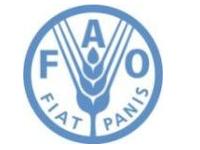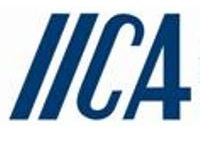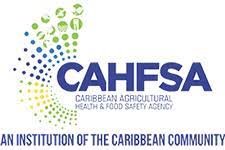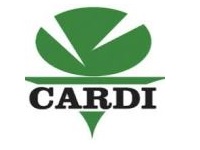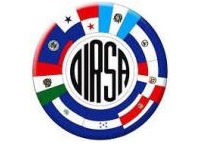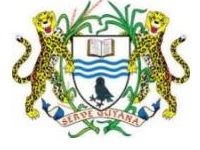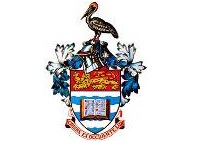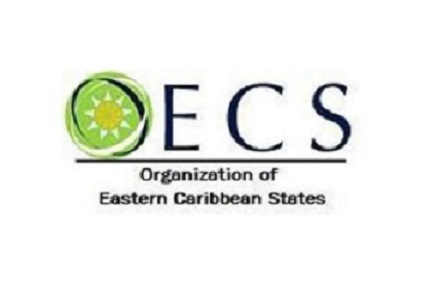Fish farming is an important industry in the Caribbean. Many farmers have started branching off into aquaculture to make more sustainable income. Aquaponics is a combination of land-based fish farming (aquaculture) and soil-less plant production (hydroponics), in which fish waste is used to provide nutrients for plants, while bacteria and plants help to clean the water for the fish.
In the Caribbean Island States, freshwater fish production has started to play a pivotal role in sustainable development. Aquaculture in Jamaica makes up for 14% of fish production due to limited water supply and porous limestone. Irrigation canals installed by the sugarcane industry provide the water supply infrastructure. Jamaica produces nearly all tilapias with the Dominican Republic producing roughly 400 mt of tilapias, common carp, and giant river prawns. In recent years, Barbados has started aquaponics fish farms with support to aquaponics training and the use of aquaponics as an educational tool for students.
Aquaponics features core STEM subjects like Engineering, Biology, Chemistry, and Mathematics. Interested students can study bacteria, plants, and fish interactions within a living ecosystem. Other countries are looking into more smart agriculture considering climate change and aquaculture is a climate-smart solution.
Source:
CABI – Aquaculture in Jamaica
UN – Barbados will soon get its first-ever Aquaponics Demonstration Farm
FAO – A Strategic Assessment of the Potential for Freshwater Fish Farming in Latin America

